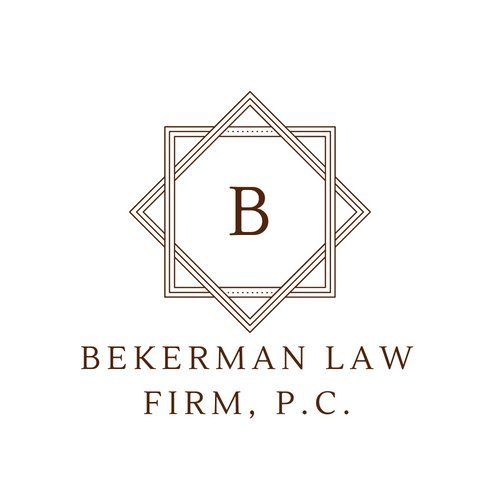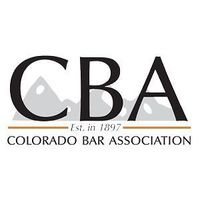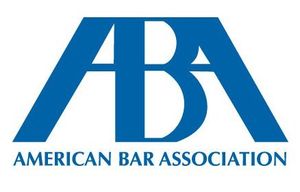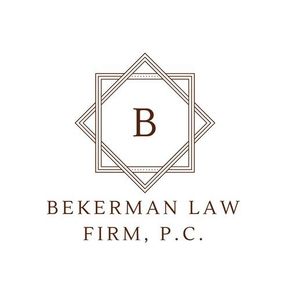FAQ
Frequently Asked Questions
Call Us Today! (720) 324-0565
FREQUENTLY ASKED QUESTIONS
Bankruptcy Law:
1) Should I be planning for bankruptcy prior to filing? Yes, if you know that you may be heading towards bankruptcy do not wait until a judgment from a creditor has been entered against you. If you wait you leave yourself open to possible garnishments, foreclosures, repossessions or bank levies.
2) Do I need to make a list of my property? Yes, even if you don't think you have any property, you do! By making a list of your property it will make it easier to plan before filing your bankruptcy and allow you to keep most if not all your property.
3) Can I keep my 401(k) or ERISA plan when filing for bankruptcy? Yes, you can keep your 401(k) or ERISA plan after you file for bankruptcy. Since you can keep your entire 401(k) or ERISA plan do not cash it out before filing for bankruptcy. Sometime a client will come to my office after they cashed out their 401(k) or ERISA plan only to have the money run out before all their bills were paid and they still need to file for bankruptcy. By doing this they lost an asset they otherwise could have kept and also created a non-dischargeable tax liability. Therefore, it is never a good idea to cash our your 401(k) or ERISA plan to try and payoff some of your creditors if you know you may be filing for bankruptcy.
4) Can I continue to use my credit cards? No, you need to stop using your credit cards at least 90 days prior to filing. Any credit card purchases that amount to more than $600 within 90 days of filing are not dischargeable in your bankruptcy.
5) Should I continue making payments on my debts until the bankruptcy is filed? No, you need to stop making payments on the debts that will be filed upon. Any payments on credit cards, pay day loans or other payments made to creditors and not made for essentials may be treated as preferential treatment and are a waste of your financial resources.



